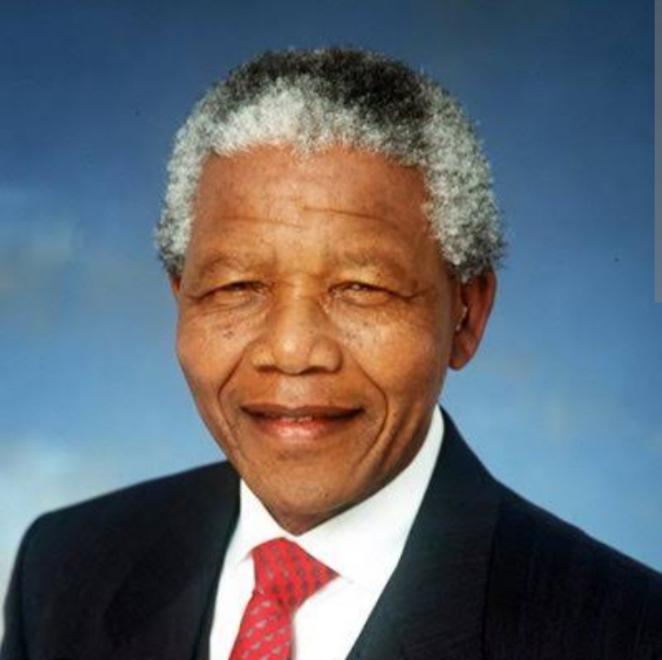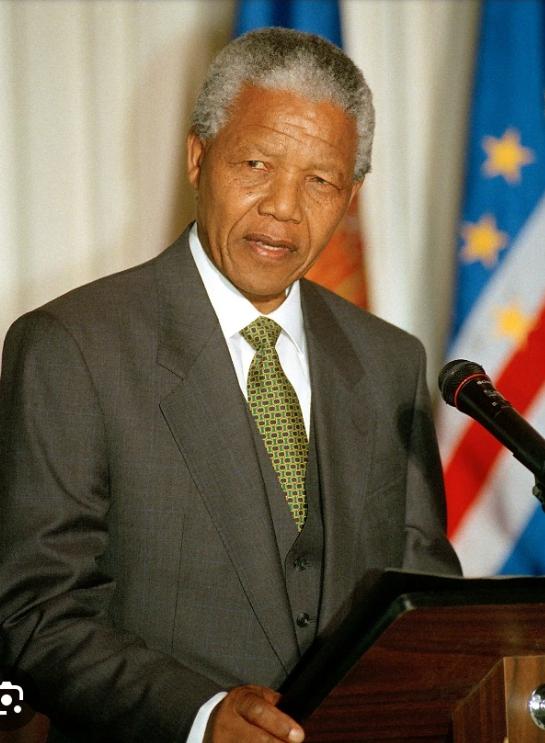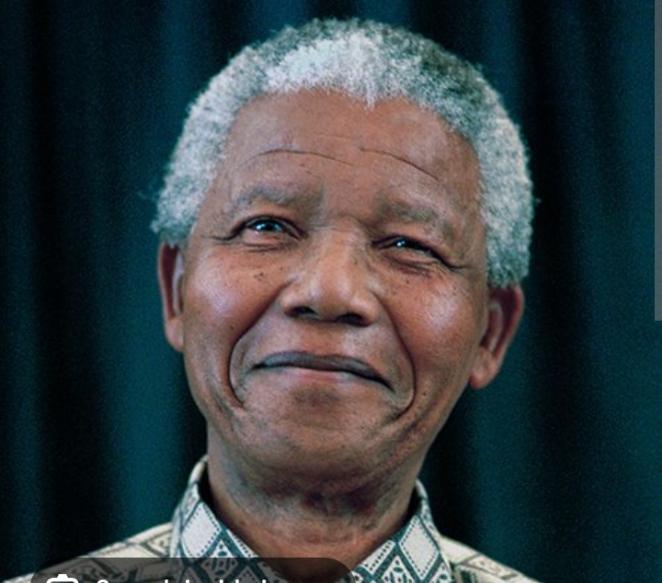Student Village Academy › Forums › HISTORY › Who was Nelson Mandela?
- This topic has 0 replies, 1 voice, and was last updated 1 year, 5 months ago by
 Jimoh Eyitayo.
Jimoh Eyitayo.
-
AuthorPosts
-
-
September 13, 2024 at 3:50 PM #72755
 Jimoh EyitayoParticipant
Jimoh EyitayoParticipant
Nelson Mandela was a South African anti-apartheid revolutionary, political leader, and philanthropist who served as the President of South Africa from 1994 to 1999. He was the country’s first black head of state and the first elected in a fully representative democratic election. Mandela is widely regarded as a symbol of the struggle against institutionalized racism and injustice, and his leadership played a crucial role in ending apartheid and bringing about the peaceful transition to democracy in South Africa.

Born on July 18, 1918, in the village of Mvezo in the Eastern Cape, Mandela was given the name Rolihlahla, which means “troublemaker” in the Xhosa language. He was one of thirteen children of his father, a chief of the Thembu tribe, and was the first in his family to attend school. He later adopted the name Nelson, given to him by a teacher when he started school, as was common for African children at that time to be given an English name in addition to their traditional name.
Mandela attended the University of Fort Hare and later the University of Witwatersrand but did not complete his degree due to his involvement in anti-colonial politics. In 1944, he joined the African National Congress (ANC), a political party dedicated to the fight against racial segregation and discrimination in South Africa. Mandela quickly rose through the ranks of the organization, becoming increasingly involved in the struggle against apartheid, the official policy of racial segregation and discrimination enforced by the white minority government.
In 1962, Mandela was arrested and charged with sabotage and conspiracy to overthrow the government, among other charges. He was sentenced to life in prison and spent the next 27 years behind bars, becoming a symbol of resistance to apartheid and an international cause célèbre. While in prison, Mandela continued to advocate for the end of apartheid and the establishment of a non-racial democratic society in South Africa. His imprisonment only served to strengthen his resolve and commitment to the cause.
Mandela was released from prison in 1990 as apartheid was coming to an end. He played a key role in negotiations with the government that led to the dismantling of the apartheid system and the establishment of the first democratic elections in 1994. Mandela ran for president in these elections and won by a landslide, becoming South Africa’s first black president and the first elected in a fully representative democratic election.
As president, Mandela worked to heal the wounds of apartheid and bring about reconciliation between the country’s diverse racial and ethnic groups. He established the Truth and Reconciliation Commission to investigate human rights abuses committed during the apartheid era and promote national unity. Mandela also focused on promoting economic development and social justice, working to address the legacy of apartheid’s racial disparities and inequality.
Mandela’s presidency was marked by his commitment to promoting human rights, democracy, and social justice both within South Africa and around the world. He was a vocal advocate for peace and reconciliation, and his leadership inspired people of all backgrounds to work together for a more just and equitable society. Mandela remained a beloved figure in South Africa and across the globe, revered for his humility, dignity, and moral integrity.
After leaving office in 1999, Mandela continued to be a leading voice for peace and human rights, working to promote education, healthcare, and social justice in South Africa and beyond. He established the Nelson Mandela Foundation to carry on his legacy of promoting social justice, reconciliation, and equality. Mandela received numerous awards and honors for his lifelong dedication to the cause of freedom and equality, including the Nobel Peace Prize in 1993.
Nelson Mandela passed away on December 5, 2013, at the age of 95, leaving behind a legacy of courage, compassion, and commitment to justice. His life and work continue to inspire people around the world to stand up against oppression, discrimination, and injustice, and to work together for a better future for all. Mandela’s legacy will forever be remembered as a shining example of the power of perseverance, resilience, and hope in the face of adversity.
-
-
AuthorPosts
- You must be logged in to reply to this topic.


